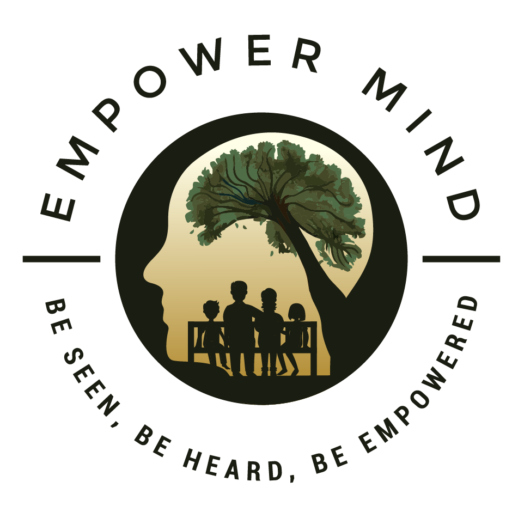
In the hustle and bustle of life in Dallas/Fort Worth, Austin, and Houston, it’s easy to overlook the impact that diet has on our mental health. However, emerging research continues to underscore the significant connection between what we eat and how we feel. At our psychiatrist practice in Frisco, TX, we believe that mental well-being is closely tied to physical health, and nutrition plays a crucial role in maintaining both. In this blog, we explore the link between diet and mental health and offer tips on incorporating brain-healthy foods into your daily routine.
The brain, like the rest of your body, requires a variety of nutrients to function optimally. The foods you consume can influence neurotransmitter production, inflammation levels, and overall brain function, all of which play a role in your mood, energy levels, and mental clarity. Poor nutrition, on the other hand, can contribute to mental health issues such as depression, anxiety, and cognitive decline.
Here’s how nutrition affects your mental well-being:
Blood Sugar Levels: Consistent energy levels are important for mental clarity and mood stability. Diets that cause spikes and crashes in blood sugar can contribute to irritability, anxiety, and fatigue.
To support your mental health, consider incorporating the following brain-healthy foods into your diet. These foods are rich in nutrients that promote cognitive function, reduce inflammation, and support overall mental well-being.
Incorporating brain-healthy foods into your diet doesn’t have to be complicated. Here are some simple tips to help you get started:
Our experienced team of psychiatrists and therapists are dedicated to providing compassionate care, utilizing the latest treatments for depression, anxiety, and other mood disorders. Whether you’re in need of talk therapy, medication management, or a combination of both, we’re here to support you on your journey to better mental health.

A mental illness is a condition that affects a person’s thinking, feeling, behavior or mood. These conditions deeply impact day-to-day living and may also affect the ability to relate to others. If you have or think you might have a mental illness, the first thing you must know is that you are not alone.
Copyright © 2023 — All rights reserved by Empower Mind | Website Made By SalesEnzine.